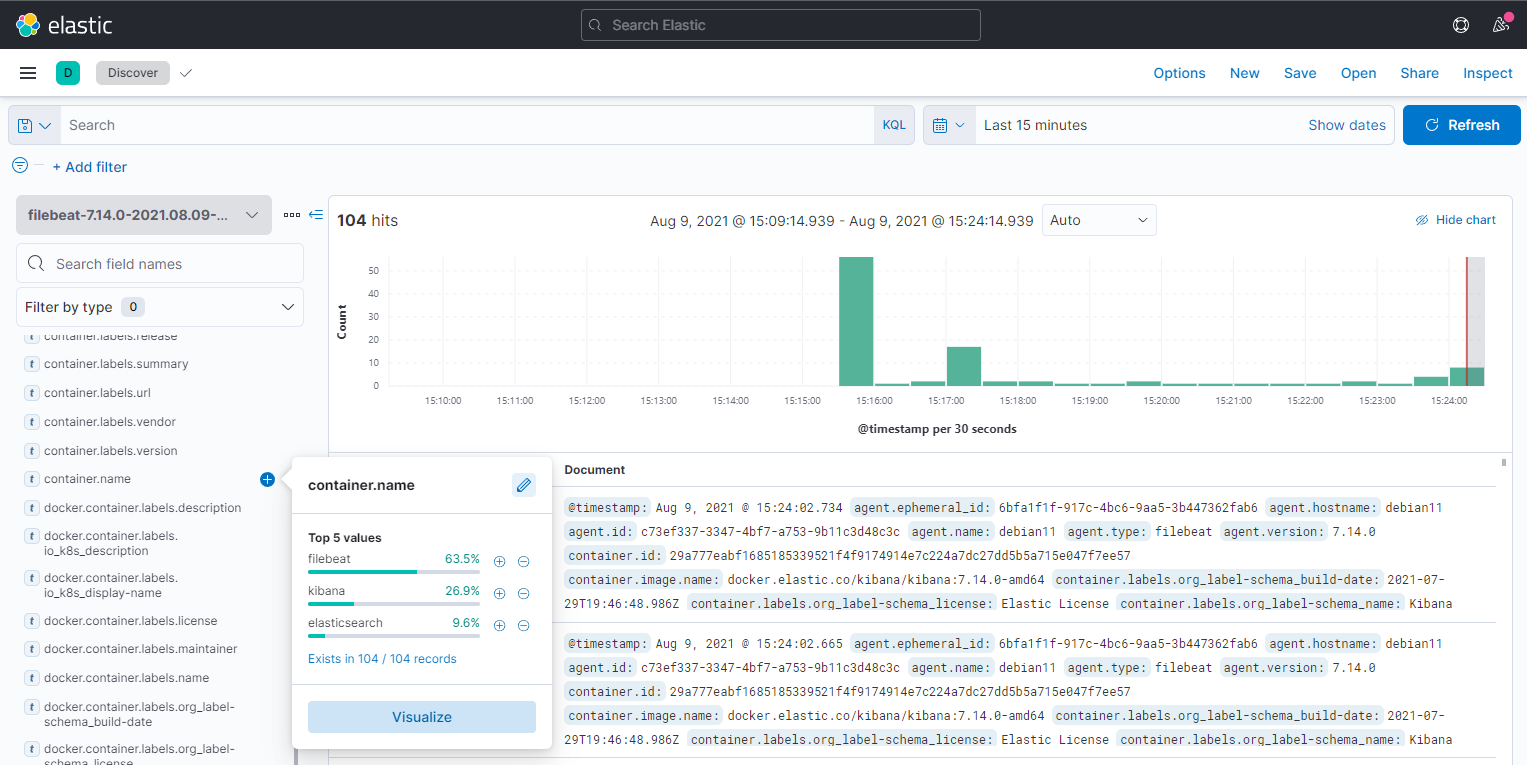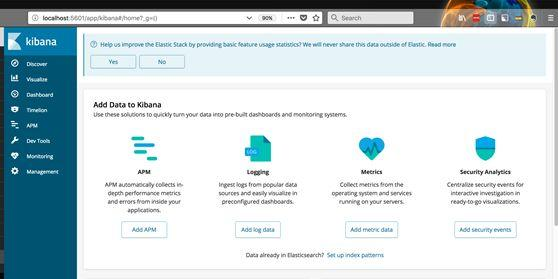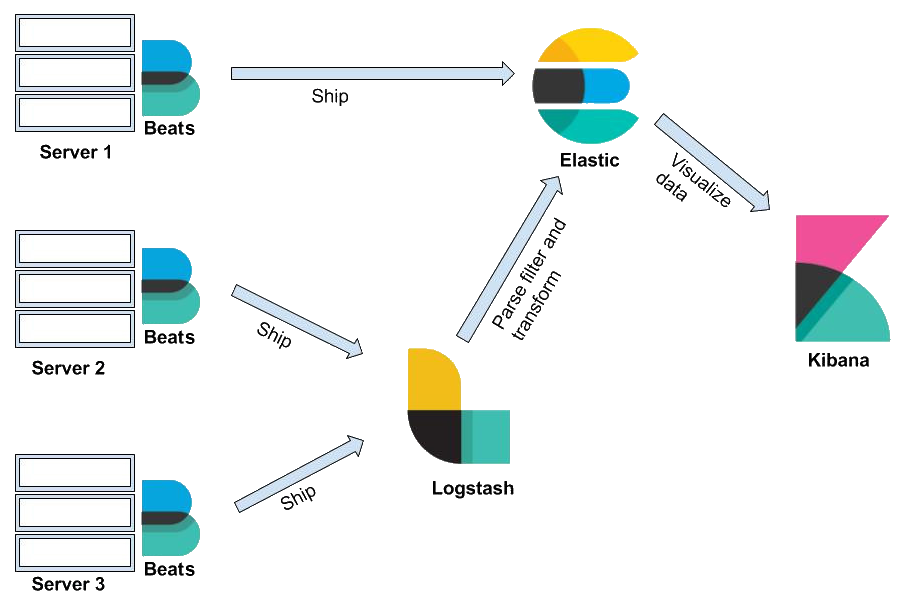

ELASTICSEARCH FILEBEAT DOCKER INSTALL
Sudo /usr/share/elasticsearch/bin/elasticsearch-plugin install ingest-geoip

sudo /usr/share/elasticsearch/bin/elasticsearch-plugin install ingest-user-agent

For example, on a system with 1G of RAM, these settings should be:īefore starting Elasticsearch, install some necessary plugins to process geoip and user-agent data. The recommend value for these settings is 50% of the available system RAM. These settings instruct the JVM to allocate a specific amount of memory. In the file /etc/elasticsearch/jvm.options two values that begin with -Xm should be uncommented. In order to properly discover and capture container metrics, each component of the Elastic stack should be configured. Install Elasticsearch, Kibana, Filebeat, and Metricbeat: sudo yum install elasticsearch kibana filebeat metricbeat On CentOS, for example, a compatible Java runtime can be installed using a headless OpenJDK package: sudo yum install java-11-openjdk-headless
ELASTICSEARCH FILEBEAT DOCKER UPDATE
Update the yum cache to ensure any new packages become available: sudo yum updateīefore installing Elasticsearch, the Java runtime must be present. name = Elastic repository for 6.x packages baseurl = gpgcheck = 1 gpgkey = enabled = 1 autorefresh = 1 type = rpm-md Trust the Elastic signing key: sudo rpm -import Ĭreate a yum repository configuration to use the Elastic yum repository: Install Elasticsearch, Kibana, Filebeat, and Metricbeat: sudo apt-get install elasticsearch kibana filebeat metricbeatĬonfigure the rpm repository for yum and related packaging tools. On systems such as Ubuntu 18.04 LTS, using the default-jre-headless package installs a compatible Java runtime: sudo apt-get install default-jre-headless Refresh the list of available packages: sudo apt-get updateīefore installing Elasticsearch, the Java runtime must be present. Install the apt-transport-https package, which is required to retrieve deb packages served over HTTPS: sudo apt-get install apt-transport-httpsĪdd the APT repository information to your server’s list of sources: echo "deb stable main" | sudo tee -a /etc/apt//elastic-6.x.list Install the official Elastic APT package signing key: wget -qO - | sudo apt-key add. Debian-Based DistributionsĬonfigure the Elastic apt repository and install the necessary packages and their dependencies. Install Elastic Stack Componentsīefore configuring your system to monitor running containers, first install the components necessary to collect and ship logs and metrics to Elasticsearch. If you take steps beyond this guide to configure Elasticsearch and related components further, ensure that your firewall is in place and correctly blocking traffic to the Elasticsearch and Kibana nodes from the internet (ports 92 for Elasticsearch and 5601 for Kibana) to keep them properly secured.

This ensures that Elasticsearch’s REST API remains private to localhost and is not remotely accessible from the internet. The services in this guide bind to localhost only, which means they are not accessible outside of the Linode from remote hosts. Install Docker on your Linode by following the installation guide from the Docker project. After configuring the firewall, ensure that the necessary ports are open in order to proceed with connections over SSH for the rest of this guide: sudo ufw allow ssh You may also wish to set the timezone, configure your hostname, create a limited user account, and harden SSH access.įollow our UFW Guide in order to install and configure a firewall (UFW) on your Ubuntu or Debian-based system, or our FirewallD Guide for rpm or CentOS-based systems. See our Getting Started with Linode and Creating a Compute Instance guides.įollow our Setting Up and Securing a Compute Instance guide to update your system. If you have not already done so, create a Linode account and Compute Instance. Once finished, you will be able to configure your system to collect data for additional containers automatically. In this guide, you will set up a Linode to analyze and visualize container logs and metrics using tools like Kibana, Beats, and Elasticsearch. The Elastic Stack can monitor a variety of data generated by Docker containers.


 0 kommentar(er)
0 kommentar(er)
